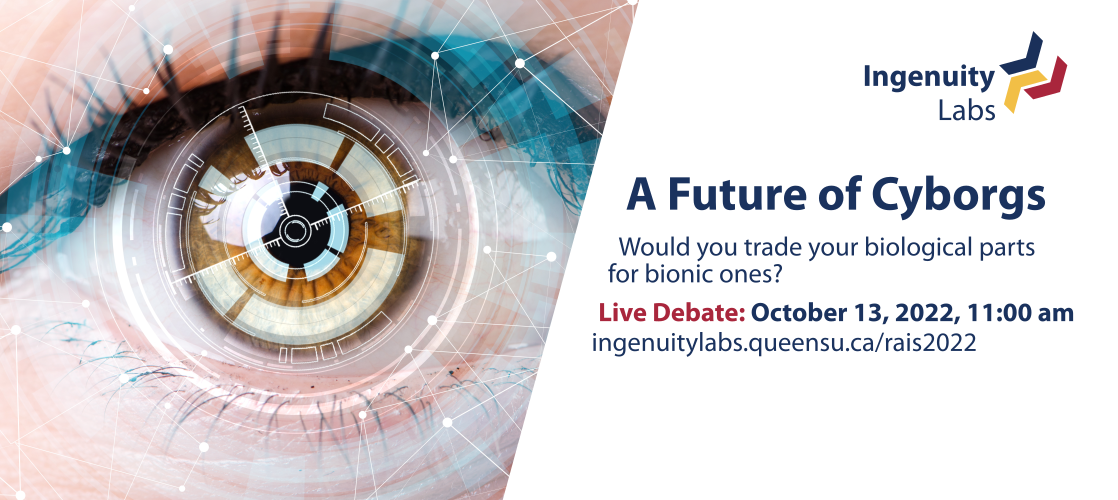
Recent work in robotics, artificial intelligence, and biomechanics have been accelerating the development of new prosthetic devices and exoskeletons. 3D printing has made fabrication of new devices a lot easier. Implantable life saving bionic devices, such as pacemakers, have been used for some time. Other implantable devices include cochlear implants to restore hearing to individuals who experience severe hearing loss. However, implantable bionic devices post some significant risks to the individuals who receive them. During this session, the panel will debate whether or not they will trade their biological parts for bionic ones.
Two participants will debate that they would trade their biological parts for bionic ones while the other two participates will debate that they will not. Each debater will be allotted 5 minutes for their opening statements followed by 20 minutes of rebuttals. The debate will close with a Q&A session from the audience.
We’ve given each panel member a side to argue in this debate even though their personal and employers’ positions on the debate question may be different. They’ll each have an opportunity to clarify their personal views on the debate question during the discussion at the end.
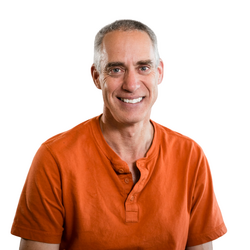
Mr. Lane Desborough is a proud Queen’s engineer whose three decade career has rippled across half a dozen industries and continents, to land in his present role as CEO of Nudge BG, an engineering consulting services and algorithm development company focused on modelling, simulation, and control of physiological systems. His primary focus is automated insulin delivery to reduce the burden for millions of people living with diabetes - people like his son.
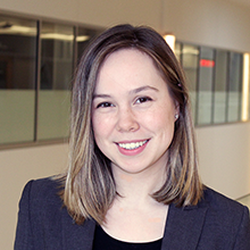
Dr. Audrey Sedal studies soft robotics. Her work incorporates continuum mechanics and machine learning to improve the design and control of soft robots. She has published in engineering and robotics venues including Proc. Royal Soc.A., Int. J. Robotics Research, J. Mechanisms & Robotics, Int. Conf. Rob. & Aut. (ICRA), and Intelligent Robots & Systems (IROS). Dr. Sedal received her M.S. and Ph.D. in Mechanical Engineering from the University of Michigan, Ann Arbor in 2018 and 2020, and her S.B. from MIT in 2015. In 2019, she was named a Rising Star in Mechanical Engineering.
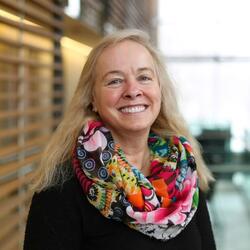
As an ethicist, Dr. Tracy Trothen is interested in biohacking, artificial intelligence, sport, moral and spiritual distress, aging, and religion. Jointly appointed to the School of Religion and the School of Rehabilitation therapy, her areas of research and teaching include biomedical and social ethics, Christianity, spiritual health, aging, human enhancement technologies, and sport. Dr. Trothen has published nine books including the recent Religion and the Technological Future: An introduction to Biohacking, A.I., and Transhumanism.
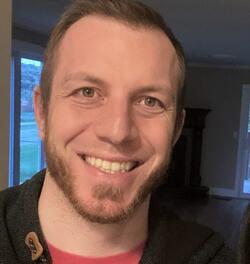
Dr. Matthew Robertson is active in the fields of bioinspired, soft, and multi-material robotic systems design. His work is dedicated to redefining the boundaries of performance, morphology, and applications of robots that can operate in more complex and challenging “real world” environments by utilizing advanced manufacturing, embedded control, and holistic system design techniques. His general interest is in engineering things that have never been seen, or that were never possible before following an approach that is part discovery and part creativity. Dr. Robertson received his PhD from the École Polytechnique Fédérale de Lausanne in Switzerland in the area of robotics in 2019, following a Master’s degree from the University of Michigan in 2011, and Bachelor’s degree from the Massachusetts Institute of Technology in Mechanical Engineering in 2009.